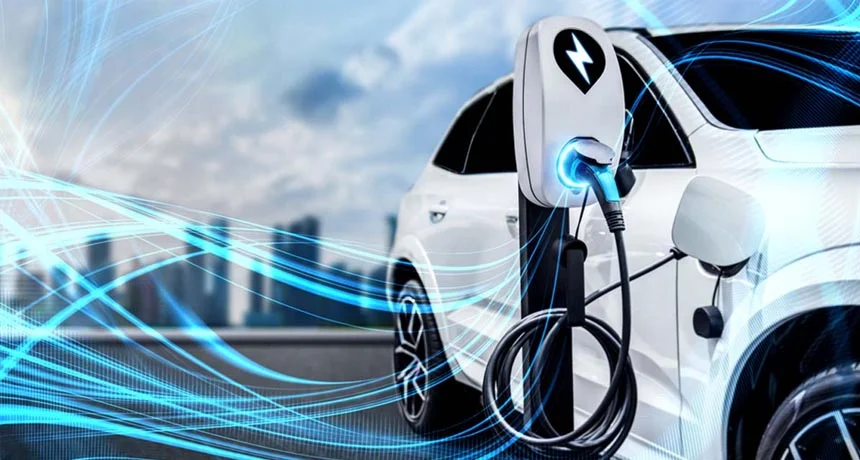Islamabad, Feb 5: The government has granted licenses to 57 manufacturers of electric vehicles (EVs), marking a major step in Pakistan’s efforts to transition to greener transport solutions and combat climate change. This move supports the government’s broader goal of creating a cleaner, more sustainable transportation system.
In line with the National Electric Vehicles Policy (NEVP) approved in 2019, the government aims to significantly boost EV adoption in the coming decades. By 2030, the policy targets that 30% of all passenger vehicles and heavy-duty trucks sold will be electric, with an even more ambitious goal of 90% by 2040. For two- and three-wheelers, as well as buses, the policy sets a target of 50% electric sales by 2030 and 90% by 2040.
To support local EV production, the government has issued licenses to 55 manufacturers of two- and three-wheelers, and two manufacturers for four-wheeler assembly. This move is part of the ongoing efforts to foster the domestic EV industry.
READ MORE: BYD Sealion 6: Coming Soon and Ready to Impress
Additionally, the government is actively working to develop the necessary infrastructure to support the EV sector. Plans include the establishment of charging stations, including fast chargers and battery swapping stations, to facilitate the growing demand for electric vehicles.
Under the new EV policy, consumers will benefit from several incentives, such as free registration, exemption from annual token fees, and toll tax exemptions. To further promote EV adoption, the government plans to establish electric vehicle zones in each province, including Islamabad.
However, the pace of EV production has faced criticism. A recent Senate Standing Committee report highlighted that only 60,000 EVs were produced in Pakistan by the end of 2024, falling short of the target of 600,000 units. To boost demand, the government has introduced a 45% reduction in the power tariff for EV charging station operators, lowering the cost from Rs71.10 per unit to Rs39.70. This change is expected to be implemented by the end of February, with the government anticipating a return on investment exceeding 20% for investors in the sector.
The energy ministry is also focusing on reducing Pakistan’s reliance on petroleum. With over 30 million two- and three-wheeled vehicles consuming more than $5 billion worth of petroleum annually, the government plans to convert one million two-wheelers to electric bikes, which could save around $165 million in fuel import costs every year.
